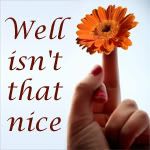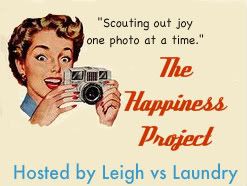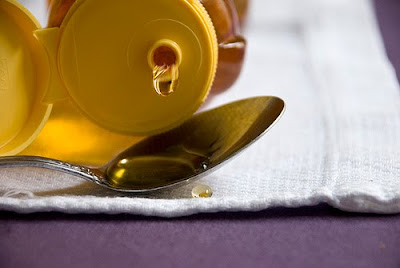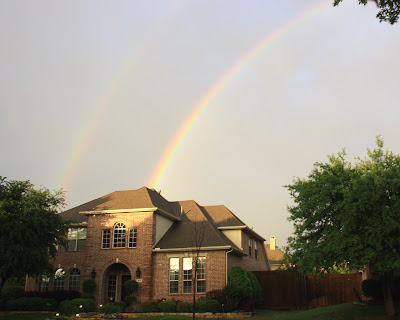Well, The Man's sick of hearing me go on and on about how much I love honey. That means you get to sit there and nod politely until I'm done. Sure, you could just click over to the next blog on your reader list, but then you wouldn't benefit from my wit and wisdom.
I've always loved honey. Probably due to an inexplicable early childhood hatred of jelly. Yeah, I was that kid. The
weird cool one with the peanut butter &
honey sandwich. I was
a total social outcast so cool. Everyone wanted to be me. OK, so maybe that's not true. But come allergy season, there are plenty of people who wish they were me - you know, because I'm so smart and funny and incredibly easy on the eyes. Or maybe it's because I don't have allergies. Unfortunately, my Buddy Boy does.
This breaks my heart, and not just a little. I don't have to have allergies to know that they suck. But the upside of the diagnosis is that it supports my local honey habit. And by 'local honey', I do not mean running down the street to the closest grocery store to get you some Sue Bee clover honey. Local honey is made by bees collecting nectar and pollen from a wide variety of plants in your geograhpic area. It is raw and will probably crystalize if left in your pantry too long. (Which is OK, you know. You can still use it. Just warm it up a bit and it will liquify again.) You can usually find local honey in your regular grocery store. If you can't, you can defintiely find it at a Wholefoods, Sprouts, or any gourmet grocer.
So. What does this have to do with allergies, you ask? Well, funny you should ask! Everything, that's what. Everytime you consume local honey, it's like you're giving yourself an allergy shot. Only it hurts less and tastes a lot better. Now don't start thinking that eating honey is going to help with your cat allergies or your husband's lactose intollerance. Sorry. It wont. What it will do is help you build an immunity to the plants in your area. Every golden drop contains pollen from the plants that cause the problems. A daily dose of honey allows those pollens to get into your system in very low levels. This allows your body to develop antibodies. It's the same principle as taking allergy shots.
And now for the words of caution. We all know that giving honey to babies carries a risk - so don't do that. And, if you're prone to severe allergic reactions - you know, the
oh-my-GOD-I-can't-breath-get-me-to-a-hospital-NOW kind of reaction - and you've never eaten local honey before, you might want to start with small quantities. But barring any of that craziness, I'm encouraging you to give it a try. It costs a little more, but it supports your local beekeepers and it could help you with those itchy eyes and runny noses. And besides, it's just plain yummy - especially with peanut butter. It's good stuff.






















